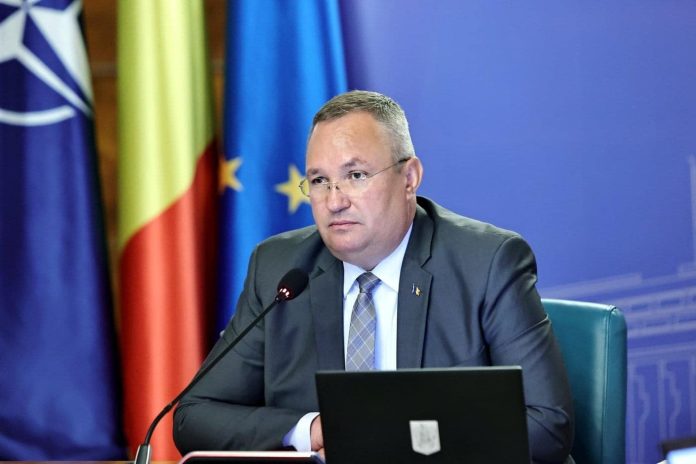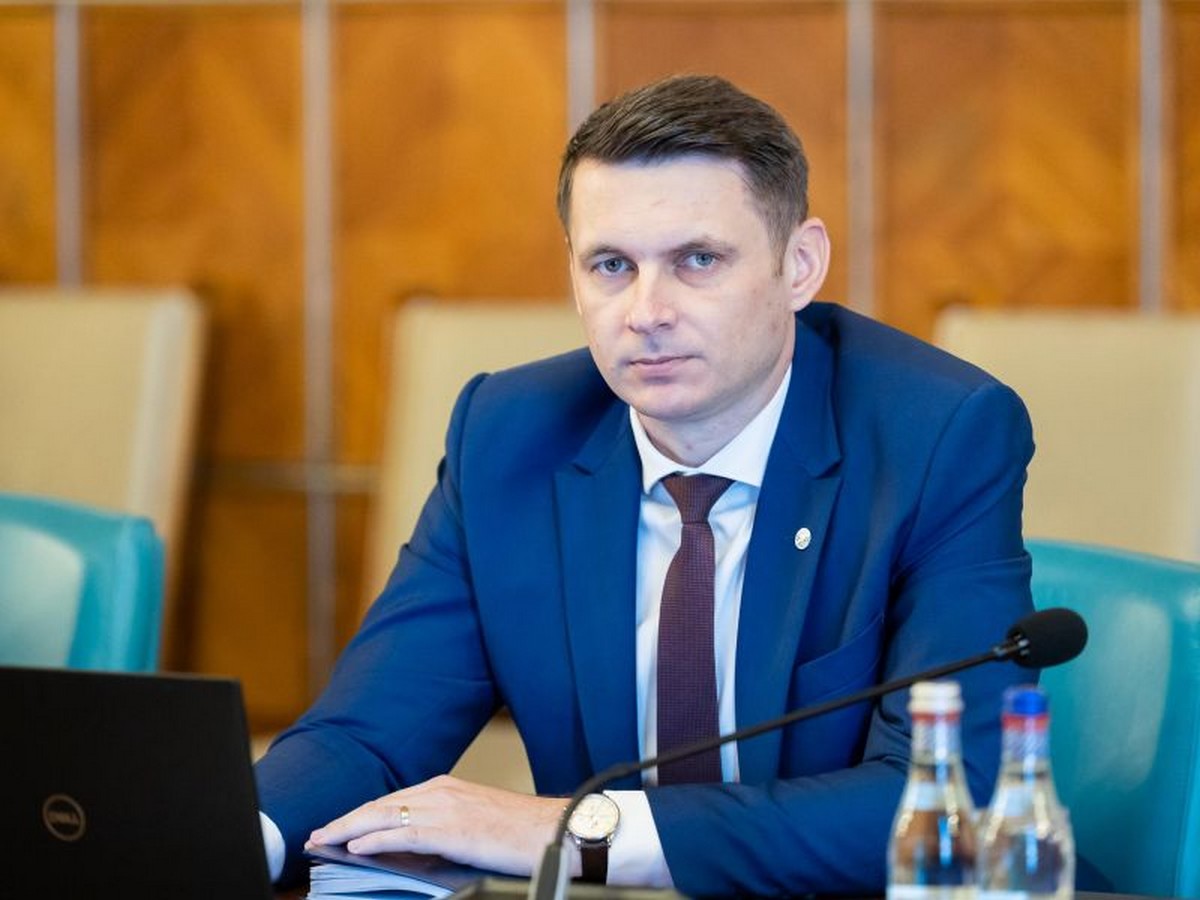Romanian Prime Minister Nicolae Ciuca will begin a three-day visit to Japan on Monday, where he will attend the state funeral organized in honor of former Japanese Prime Minister Shinzo Abe, according to Agerpres.
On Monday morning, the Prime Minister will visit the headquarters of the Diet of Japan and will have a meeting with the delegation of the Japan-Romania Parliamentary Friendship League, led by President Ichiro Aisawa, the Government informed.
In the afternoon, a meeting with the Japanese Prime Minister, Fumio Kishida, is scheduled.
The state funeral for former Prime Minister Shinzo Abe will take place on Tuesday.
According to the Government, Shinzo Abe contributed decisively to the beginning of the steps necessary to raise the bilateral relations between Romania and Japan to the level of a strategic partnership, in the context of the „historic” visit he made to Bucharest in 2018, being the first Japanese Prime Minister to visit Romania.
„Japan is one of Romania’s main Asian partners, both politically and economically, and there are all the prerequisites to transform this long bilateral relationship, of over a century, into a privileged relationship at the level of strategic partnership We want this to happen as soon as possible, being an opportune political act especially in the current international context, but also a way to materialize the remarkable vision of former Prime Minister Shinzo Abe in matters of international politics,” Prime Minister Ciuca recently declared.
On the occasion of the visit to Tokyo, the prime minister will also have a series of bilateral meetings with officials from other countries in Japan on the occasion of the funeral of the former Japanese Prime Minister, including the Prime Ministers of Australia, Anthony Albanese, and the Republic of South Korea, Han Duck- soo.
Conservative political leader, Japan’s longest-serving prime minister, Shinzo Abe was killed on July 8 by a former officer with a homemade weapon during a campaign speech in the city of Nara. His killer stated after his arrest that he did not kill him because of his political beliefs, but rather out of hatred for the controversial Unification Church (Moon cult) of Korean religious leader Sun Myung Moon, believing that Abe had connections with it.
Agerpres




